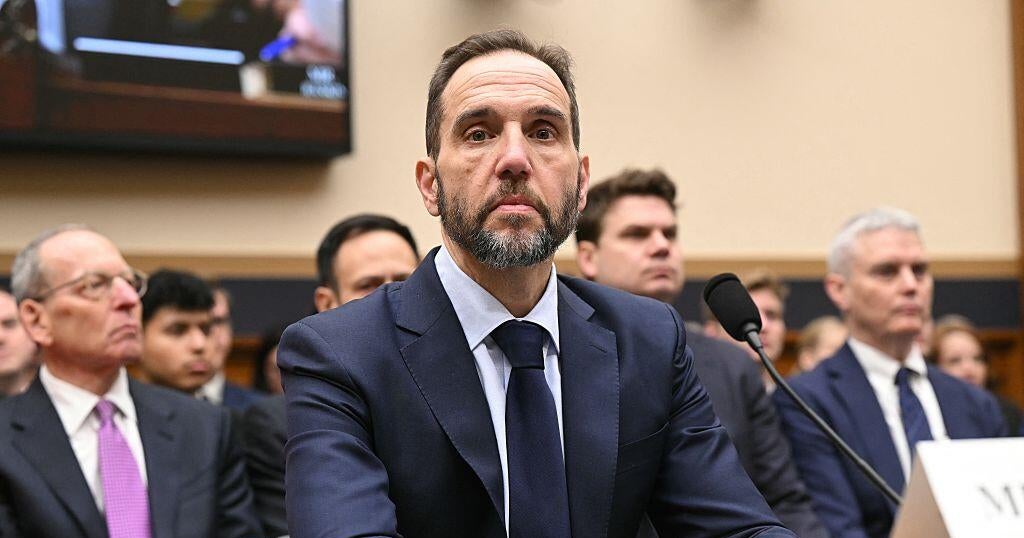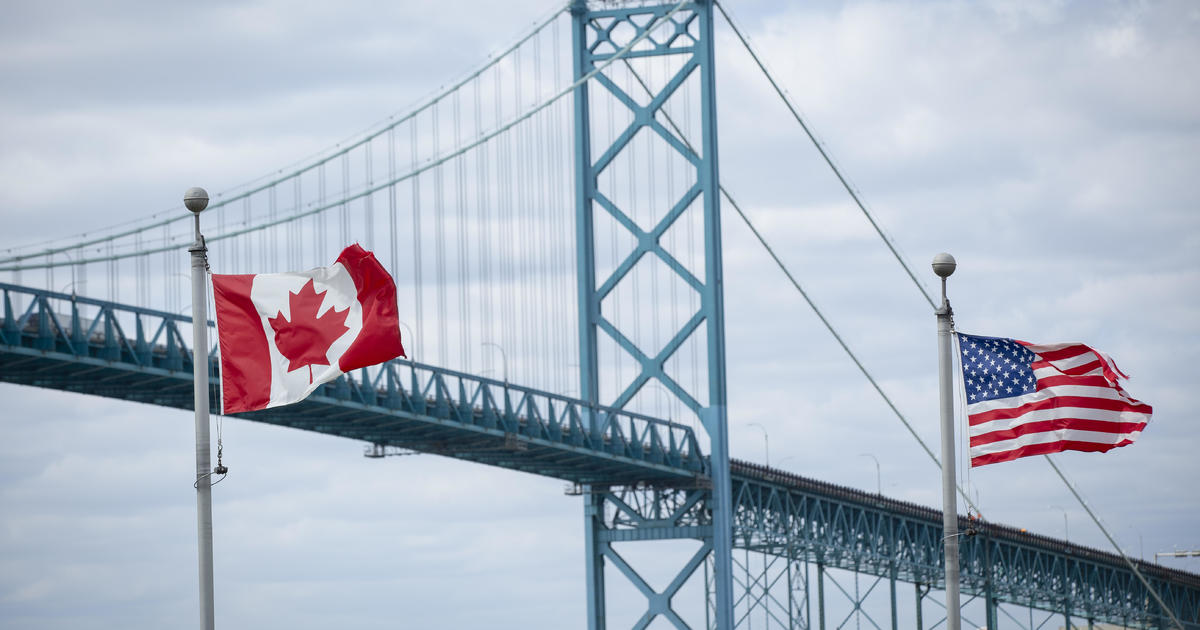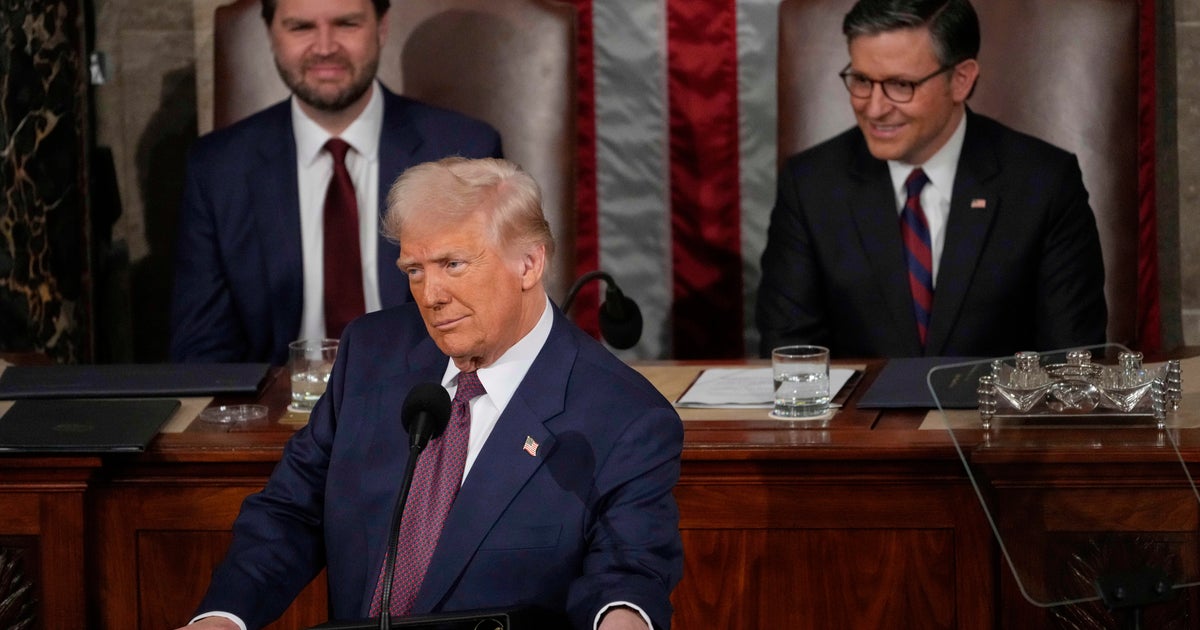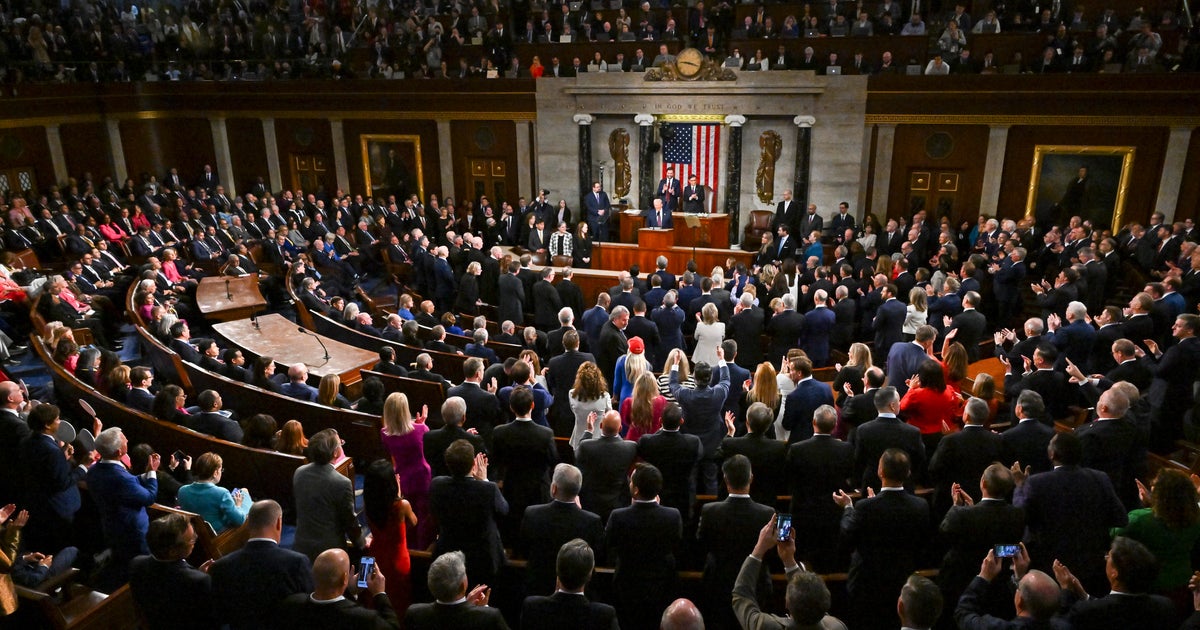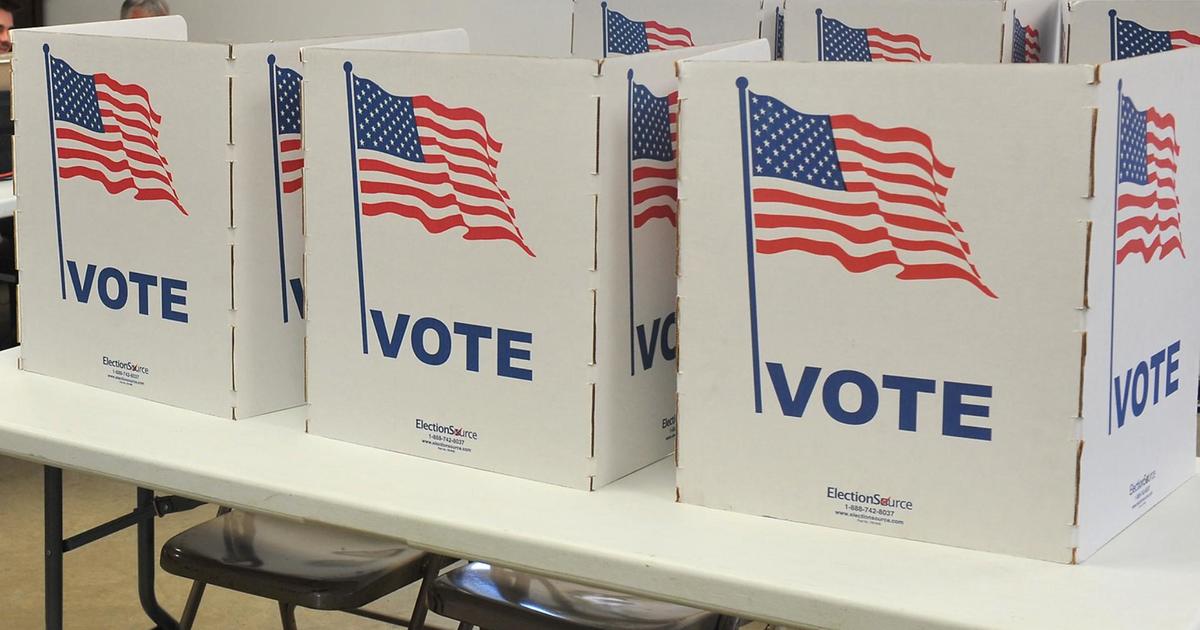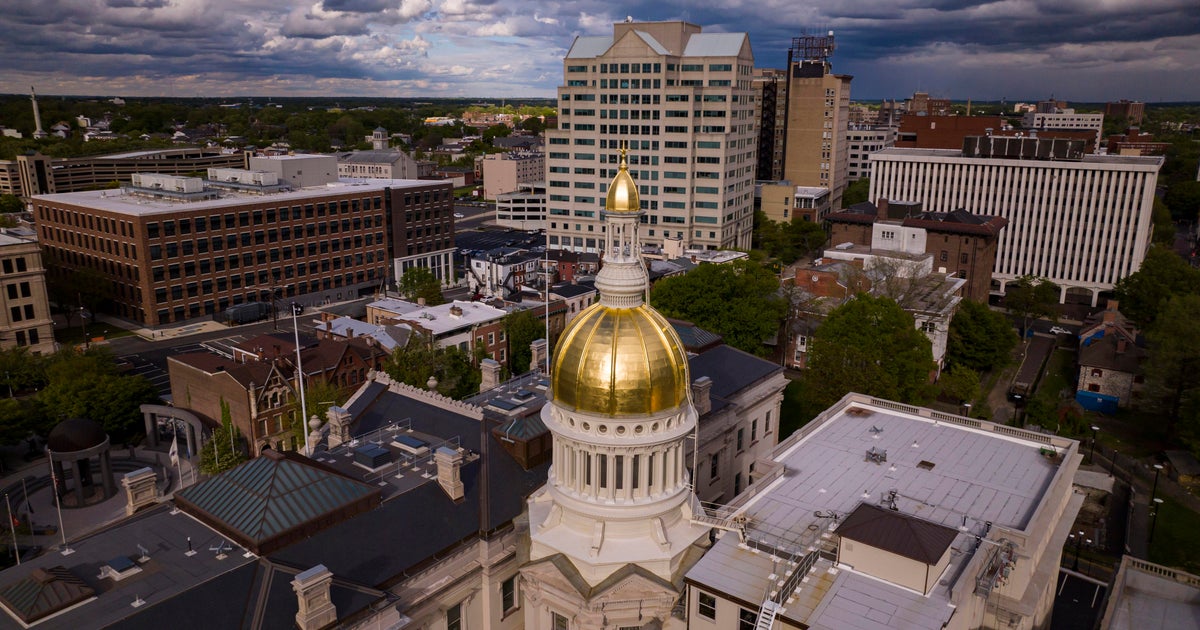Trump gag order back in effect in federal election interference case
Washington — A federal judge in Washington, D.C., reinstated a narrow gag order that limits what former President Donald Trump can say publicly about the special counsel's 2020 election interference case against him, according to a court order posted late Sunday.
District Judge Tanya Chutkan rejected Trump's request that she put a hold on the restriction as he pursues an appeal in higher courts in the coming weeks. The order now sits before the D.C. Circuit Court of Appeals for consideration, although it has yet to be fully briefed on the matter.
Judge Chutkan earlier this month partially granted special counsel Jack Smith's request that she put limits on Trump's public speech about the prosecution, but Chutkan later stayed her ruling as the parties argued over whether the limitations should remain in effect while the former president's appeal is litigated. The order bars him from speaking about prosecutors, court staff and potential witnesses.
Her order did not grant the special counsel all of the limitations he originally sought. It bars Trump and all individuals involved in the case from publicly targeting government attorneys, court staff, or potentially witnesses in the case, but allows him to continue criticizing the charges against him, the Justice Department, and the Biden administration.
Trump called the ruling late Sunday "not constitutional" in a social media post, adding "The Corrupt Biden Administration just took away my First Amendment Right To Free Speech."
Last week, prosecutors for the special counsel urged the judge to reinstate her gag order, writing Trump's language and social media postings risked prejudicing potential jurors and threatening possible witnesses.
They specifically highlighted the former president's social media post on Tuesday in which he referenced reports that his former chief of staff Mark Meadows has been granted immunity by investigators to speak freely as part of the 2020 election-related probe. CBS News has not confirmed that Meadows has received immunity in exchange for his testimony. Smith's team characterized the language as "prejudicial and threatening," and said it risked influencing and intimidating Meadows, who could be a potential government witness at trial.
Prosecutors argued the former president's language has the possibility of negatively affecting the trial — which Chutkan has said will begin on March 4, 2024 — and should be treated like any other defendant's language.
Issuing the original gag order from the bench earlier this month, Chutkan said, "This is not about whether I like the language Mr. Trump uses. This is about language that presents a danger to the administration of justice." She said that part of her role is to protect the integrity of the judicial process, and freedom of speech protections "yield" when those principles are threatened by any defendant, no matter their political status.
But Trump's attorneys argued in court filings and hearings that the "breathtakingly overbroad" gag order was a direct violation of the former president's constitutional rights as a candidate running for office. The effort to curtail his public targeting of those involved with the case, they contended, was an affront to his campaign.
"No Court in American history has imposed a gag order on a ... defendant who is campaigning for public office-least of all on the leading candidate for President," his attorneys argued earlier this month in their filings asking that Chutkan to stay her ruling, pending appeal. "President Trump's opinions of the prosecution, the government officials pursuing him, and the witnesses against him are all core political statements entitled to the highest degree of deference."
Trump also received some support from the American Civil Liberties Union, which filed a brief in favor of his fight to overturn Chutkan's limited gag order, arguing that it "sweeps too broadly" and violated Trump's First Amendment rights.
Notably, prosecutors last week also urged Chutkan to consider making the gag order a permanent condition of Trump's post-indictment release, suggesting that she should effectively tie the former president's pretrial freedom to his cooperation with the court's order. While the filing did not specify that detention could be a possibility, Smith's team contended that Chutkan could reconsider the boundaries of Trump's pretrial release, which she set after his indictment, and alluded to a federal law related to the matter.
Roger Parloff, senior editor at Lawfare, suggested that Trump's recent Truth Social post, published after the gag order was reimposed, is permissible. In the post, Trump called Chutkan a "true Trump hater," said she was "incapable of giving me a fair trial" and added that she has an "incurable" case of "Trump derangement syndrome." Chutkan's order bars him from talking about her staff but does not prohibit him from talking about her.
Trump has been charged with four federal counts tied to his alleged conduct after the 2020 presidential election, including accusations that he engaged in an alleged conspiracy to defraud the U.S. The former president pleaded not guilty to the charges and has denied all wrongdoing.
In the days that followed Chutkan's decision to temporarily stay the gag order — and before it was reinstated on Sunday — Trump returned to his criticism of the special counsel online.
